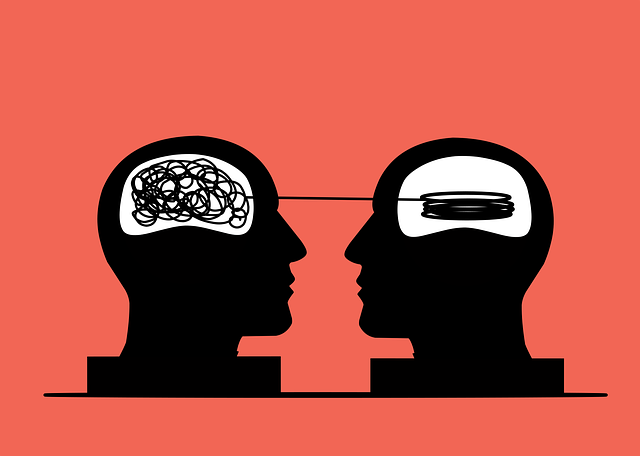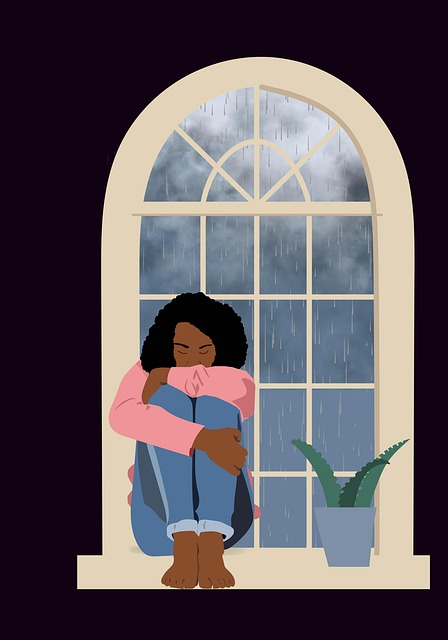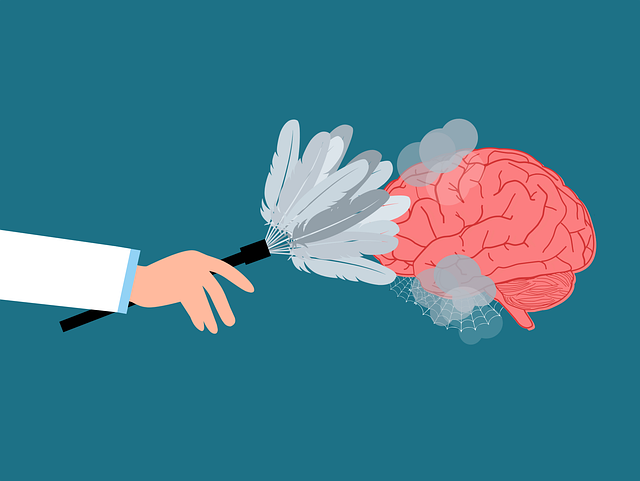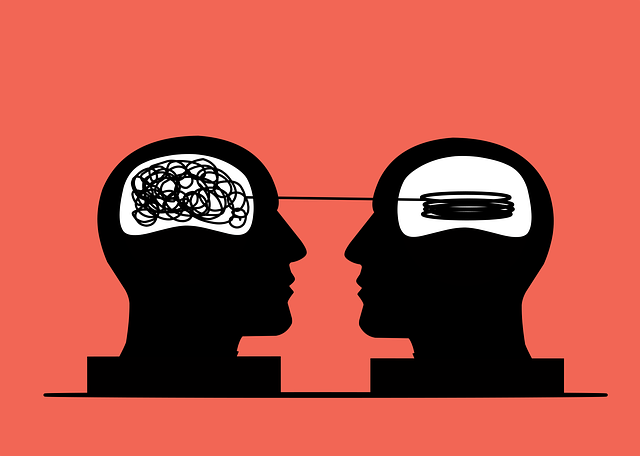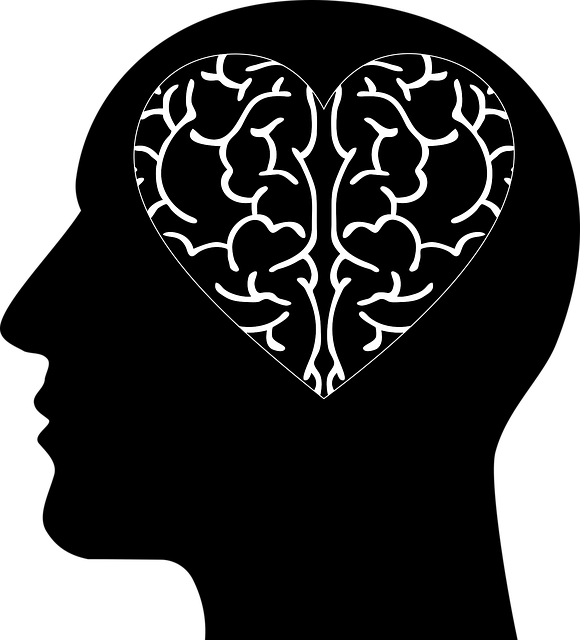The media significantly influences public perceptions of mental health, often perpetuating stereotypes or extreme portrayals that contribute to stigma. Boulder Mindfulness Therapy is at the forefront of advocating for more nuanced and accurate representations. Through workshops, stress management techniques like mindfulness meditation, and journaling exercises, they empower individuals with tools for emotional regulation and self-awareness. By challenging stereotypes and promoting empathetic narratives, Boulder Mindfulness Therapy fosters a more compassionate understanding of mental wellness in popular culture. Authentic representation, collaboration with experts, and casting diverse actors with genuine experiences are key to creating responsible media narratives that reduce stigma and promote open conversations about mental health.
In today’s media-saturated world, the representation of mental illness plays a pivotal role in shaping societal perceptions. This article delves into the profound impact of media portrayals on mental health stigma and offers solutions for more accurate and responsible narratives. We explore biases and stereotypes prevalent in popular culture, highlighting the crucial role of therapies like Boulder Mindfulness Therapy in fostering understanding. By examining strategies for positive change, we aim to revolutionize media’s approach to mental illness, promoting healing and empathy.
- Understanding the Impact of Media Portrayal on Mental Health Perception
- Exploring Biases and Stereotypes in Popular Culture Depictions
- The Role of Boulder Mindfulness Therapy in Promoting Accurate Representation
- Strategies for a More Responsible and Healing Media Narrative
Understanding the Impact of Media Portrayal on Mental Health Perception

The media has a profound influence on shaping societal perceptions and understanding of mental health issues. The way mental illness is portrayed in films, television shows, and news articles can significantly impact how the public views those struggling with similar conditions. Positive and accurate representation in media can foster empathy, reduce stigma, and encourage individuals to seek help for their mental health concerns. Conversely, negative or stereotypical portrayals can perpetuate misconceptions, leading to further marginalization of people with mental illnesses. This is where Boulder Mindfulness Therapy plays a crucial role, advocating for more nuanced and realistic depictions in the media.
By promoting self-care practices and stress management workshops, organizations like Boulder Mindfulness Therapy aim to educate both professionals and the general public about various aspects of mental health. They organize initiatives to prevent burnout, emphasizing the importance of recognizing and addressing mental health challenges early on. Through these efforts, they contribute to a more comprehensive understanding of mental illness, inspiring positive changes in media representation that can ultimately benefit those seeking support for their well-being.
Exploring Biases and Stereotypes in Popular Culture Depictions

In exploring mental illness representation in media, it’s crucial to delve into the biases and stereotypes perpetuated by popular culture depictions. Often, these portrayals fall into simplistic categories or reinforce negative clichés, hindering understanding and fostering stigma. The lack of nuanced, accurate representations can significantly impact public perceptions, potentially deterring individuals from seeking help for their mental health struggles. For instance, media often portrays mental illness as either a tragic, unmanageable condition or a source of supernatural powers, ignoring the vast spectrum of experiences in-between. Such one-dimensional views not only distort reality but also contribute to the marginalization of those facing less severe or unique forms of mental distress.
Addressing these challenges requires a concerted effort towards fostering cultural sensitivity in mental healthcare practice. This involves encouraging diverse and accurate representations in media while promoting social skills training and emotional regulation strategies that can help individuals navigate their mental health journeys with dignity and support. By challenging stereotypes, we can create a more inclusive environment where those struggling with mental illness are seen not as objects of pity or fear, but as complex human beings deserving of empathy, understanding, and effective, compassionate care—a goal that Boulder Mindfulness Therapy champions in its approach to mental healthcare.
The Role of Boulder Mindfulness Therapy in Promoting Accurate Representation

Boulder Mindfulness Therapy plays a pivotal role in fostering accurate representation of mental illness in media. By integrating practices such as mindfulness meditation and mental wellness journaling exercises, this therapeutic approach equips individuals with the tools to navigate complex emotions and promote self-awareness. Through guidance on effective mindfulness meditation techniques, Boulder Mindfulness Therapy encourages participants to develop a deeper understanding of their own experiences, fostering empathy not just for themselves but also for others struggling with mental health issues.
Moreover, the therapy emphasizes the power of empathy building strategies, enabling individuals to connect more profoundly with diverse perspectives. This nuanced approach challenges stereotypical representations in media by encouraging a more nuanced and empathetic narrative around mental illness. By cultivating mindfulness and empathy, Boulder Mindfulness Therapy contributes significantly to creating a more accurate and compassionate portrayal of mental wellness in popular culture.
Strategies for a More Responsible and Healing Media Narrative

To foster a more responsible and healing media narrative for mental illness, several strategies can be employed. Firstly, encouraging authentic representation of individuals with mental health conditions, their experiences, and journeys to recovery is paramount. This involves casting diverse actors who embody various forms of mental illness, ensuring their stories are told with sensitivity and depth. By doing so, the media can challenge stereotypes and promote empathy among viewers.
Additionally, media outlets can collaborate with mental health professionals like those at Boulder Mindfulness Therapy to provide accurate information. Incorporating expert insights into articles, documentaries, or shows can help educate audiences on specific disorders, treatment options, and self-care strategies such as stress reduction methods. Such collaborations also encourage open conversations about mental health, reducing stigma and promoting access to available resources. This holistic approach, supported by emotional regulation techniques and advocacy for improved mental health policy analysis, is crucial in creating a more understanding and supportive society.
Media representation plays a pivotal role in shaping societal perceptions about mental health. By addressing biases, stereotypes, and promoting therapeutic approaches like Boulder Mindfulness Therapy, we can foster more responsible and healing media narratives. This collaborative effort ensures that individuals dealing with mental illness are not only seen but also accurately represented, ultimately contributing to reduced stigma and improved understanding in society.


